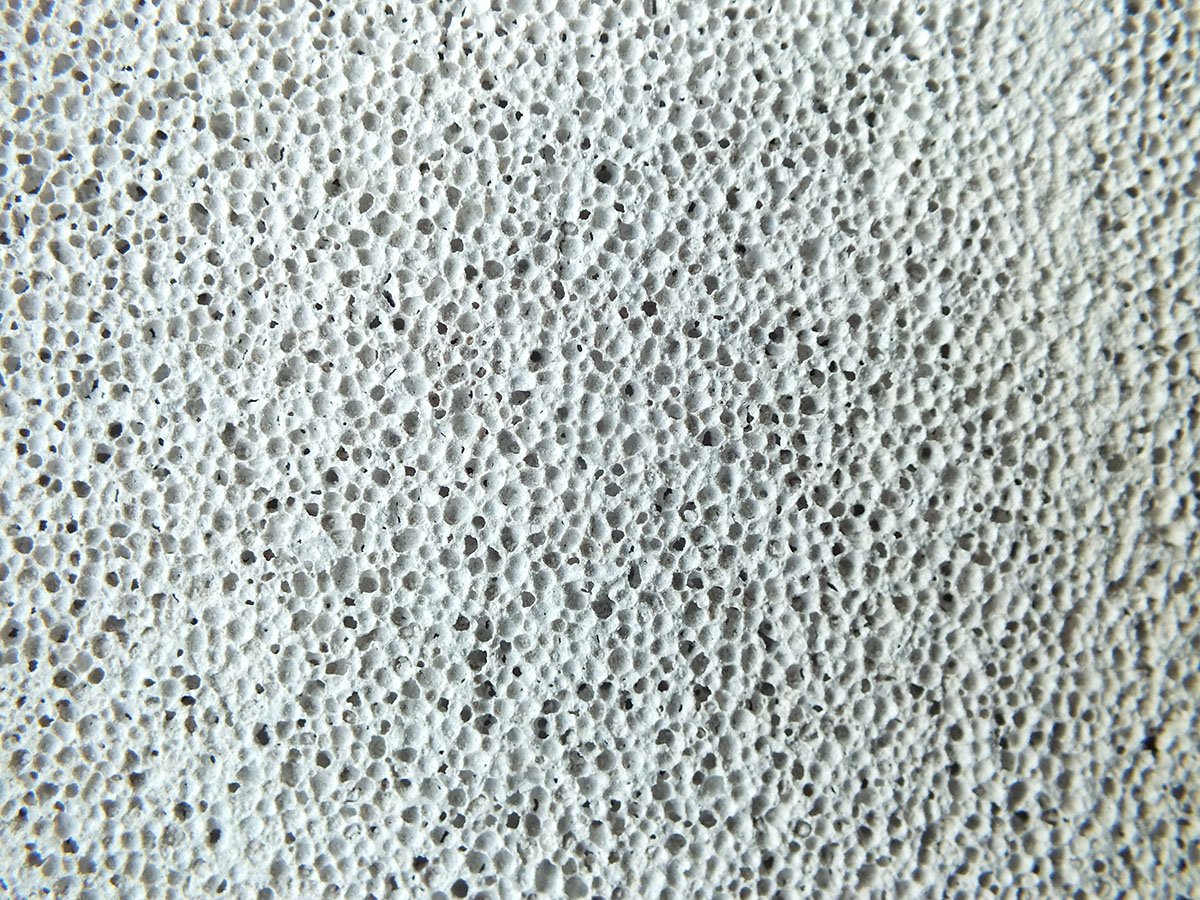
RAAC
Specialists.
Understanding Reinforced Autoclaved Aerated Concrete (RAAC)
Why Building Owners and Managers Need to Act Now
If you own or manage buildings constructed between the 1950s and 1990s, particularly in educational, healthcare, or commercial sectors, it’s essential to be aware of Reinforced Autoclaved Aerated Concrete (RAAC) and the potential risks it poses to your property. RAAC was once seen as a quick and economical building material with good insulation properties, but time has revealed its limitations, particularly in terms of structural durability.
What is RAAC?
RAAC is a type of lightweight, precast concrete that, unlike traditional concrete, is porous, containing air bubbles throughout its structure. This makes it lighter and easier to work with, but it also significantly reduces its load-bearing capacity and durability. Although it was widely used in the mid-20th century, recent research shows that RAAC elements can deteriorate and weaken over time, especially when exposed to moisture or without sufficient maintenance.
RAAC is particularly vulnerable to structural failure when exposed to moisture, as the bubbles can allow water to infiltrate the material. This can lead to corrosion and weakening of the embedded rebar. To mitigate this, RAAC is often coated with another material, such as bitumen on roofing panels, but this protective layer can also degrade over time.
The Standing Committee on Structural Safety (SCOSS) has noted: "Although called 'concrete,' RAAC is very different from traditional concrete and, because of the way in which it was made, much weaker." The Health and Safety Executive warns that RAAC has now surpassed its intended lifespan and may "collapse with little or no notice."
The Risks of Aging RAAC
As RAAC ages, it becomes more susceptible to cracking and moisture absorption, leading to corrosion of the embedded reinforcement and structural instability. These risks can manifest in several ways:
Compromised Load-Bearing Capacity: RAAC can weaken over time, which increases the risk of failure under standard structural loads.
Moisture Damage: Due to its porous nature, RAAC is prone to absorbing moisture, leading to further weakening and, in some cases, visible cracks or deformation.
Reduced Lifespan: Many buildings containing RAAC are now reaching or exceeding the material’s estimated lifespan, making a thorough assessment essential for identifying and mitigating any risks.
Why Choose Gurney?
Our team combines decades of experience in civil and structural engineering with a deep understanding of RAAC’s characteristics. As members of The Institution of Structural Engineers (IStructE) RAAC Study Group and one of six contributors to the IStructE RAAC Investigation and Assessment Guide, we are well-positioned to offer initial advice and conduct additional examinations, as required, to determine whether your property’s roof, floors, and other structural elements contain RAAC.
We currently help several clients to manage RAAC across their property portfolio, including NHS Trusts, Local Councils, An International Postal Company, Religious and Educational Institutions.
By partnering with us, you’re choosing a consultancy that not only assesses and strengthens your RAAC structures but also works with you to develop a long-term plan that protects your assets and occupants.
Act Now to Secure Your Building’s Future
Don’t wait for signs of deterioration. Contact us today to schedule a consultation and learn how we can help you manage RAAC effectively, reinforcing your building’s safety, stability, and longevity.
Why You Need Expert Structural Engineering Support
Specialist expertise in RAAC assessments and remediation is essential. With Gurney Consulting Engineers, you’ll have access to a team that understands the unique characteristics of RAAC and can guide you through proactive solutions that ensure your building’s safety and compliance.
Our RAAC services are designed to cover all aspects of managing and maintaining buildings with RAAC components:
RAAC Surveys and Assessments: We use diagnostic tools and methods, including non-intrusive imaging and specialist visual inspections, to assess RAAC elements with minimal disruption to your operations.
Strengthening: If your building requires strengthening or repairs, we provide bespoke solutions that improve safety and extend the life of the building.
Long-Term Monitoring & Maintenance: We establish proactive monitoring and maintenance plans that allow you to address minor issues before they become costly problems, extending the lifespan of your RAAC elements.
Compliance and Risk Mitigation: Our consultancy helps ensure your building remains compliant with current safety standards, giving you peace of mind and protecting your investment.



